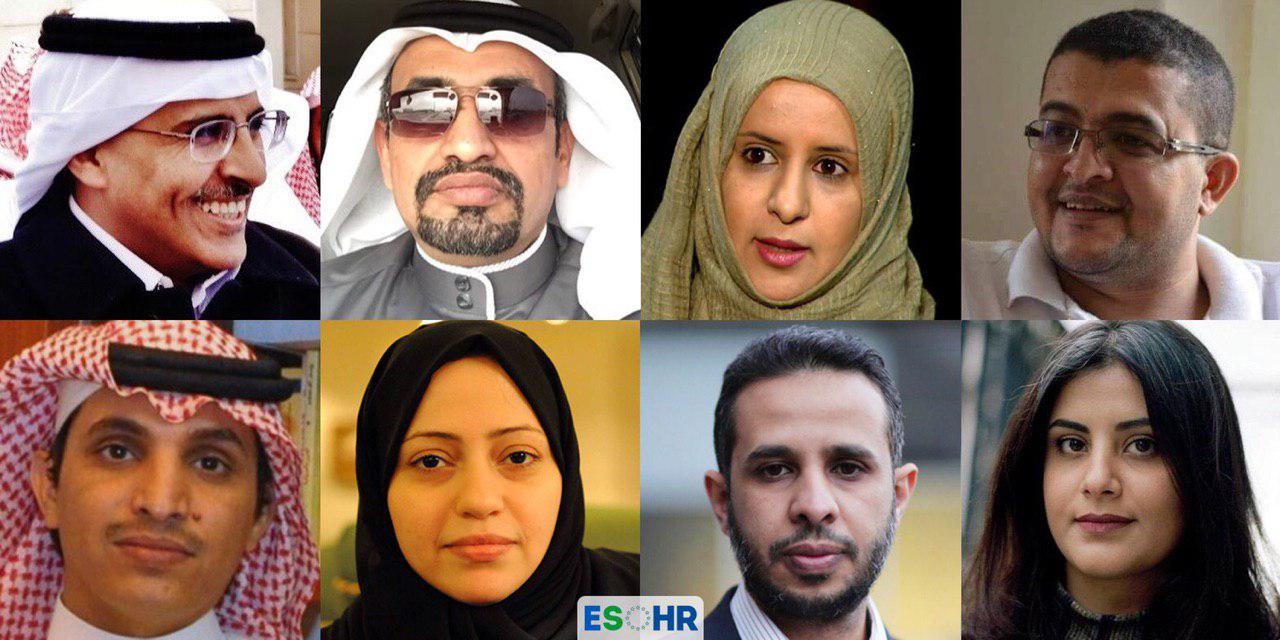
A report issued by the United Nations Secretariat confirmed that Saudi Arabia continues to practice various types of violations against human rights defenders and activists, especially those cooperating with the United Nations and its mechanisms in the field of human rights.
The report, issued on 9 September 2019 on the sidelines of the 42nd session of the Human Rights Council, highlighted activities and developments in policies and practices within and outside the UN system to counter intimidation and retaliation against those seeking to cooperate or collaborate with the UN, its representatives and its human rights mechanisms. The report highlights information about the alleged acts of intimidation and reprisals, as well as a number of cases that have already appeared in the previous report.
The cases that had been highlighted by the Secretary General of the UN concerning Saudi Arabia include:
- On 8 February 2019, special procedures mandate holders renewed concerns about the arbitrary detention and degrading treatment of defenders of womens rights Ms. Samar Badawi and Ms. Loujain Al-Hathloul, who had cooperated with the Committee on the Elimination of Discrimination against Women. The Committee Chair and its focal point on reprisals sent letters and on 9 October 2018 and 3 December 2018, the Government responded and provided information on Ms. Al-Hathloul. On 9 April 2019, the Assistant Secretary-General addressed allegations of reprisals to the Government in writing.
- On 25 June 2018, special procedures mandate holders addressed alleged reprisals against Mr. Abdulrasheed Al-Faqih and Ms. Radhia Al-Mutawake of the Mwatana Organization for Human Rights based on orders reportedly received from the Saudi-led coalition in Yemen.
- It was reported to OHCHR that, in March 2019, Mr. Yahya Al-Assiri, head of the ALQST organization, had received threats on social media as a result of his engagement in the context of the Universal Periodic Review of Saudi Arabia.
- The report mentioned the continued reprisals against Mr. Mohammad Fahad Al Qahtani, Mr. Essa Al Nukheifi, Mr. Fawzan Mohsen Awad Al Harbi, Ms. Amal Al Harbi and Ms. Samar Badawi.
While 20 countries are expecting the visit of UN Special Rapporteurs between September 2019 and April 2020, there is no visit to Saudi Arabia scheduled for the foreseeable future, despite the fact that many such mandates have requested to visit the country, such as the request made by the Special Rapporteur on the situation of human rights defenders and mentioned in January 2019. While the visit was supposed to take place in the first half of 2019, no such visit occurred.
In addition, in 2019, a number of special rapporteurs reminded Saudi Arabia of their visit requests, but did not receive an answer, including the Special Rapporteur on the Right to Assembly, the Working Group on Discrimination against Women and the Special Rapporteur on Migrant Workers. Also, the Special Rapporteur on Torture, the Special Rapporteur on Execution, and the Special Rapporteur on Freedom of Belief reminded Saudi Arabia in 2018 of their requests for visits, but did not receive an answer.
ESOHR believes that the Saudi government’s engagement with UN mechanisms, including special rapporteurs, confirms its non-compliance with its international obligations. While the 42nd session of the Human Rights Council continues, it is important to reconsider the procedures for holding Member States accountable for not responding to UN mechanisms and holding individuals accountable for their human rights violations.
